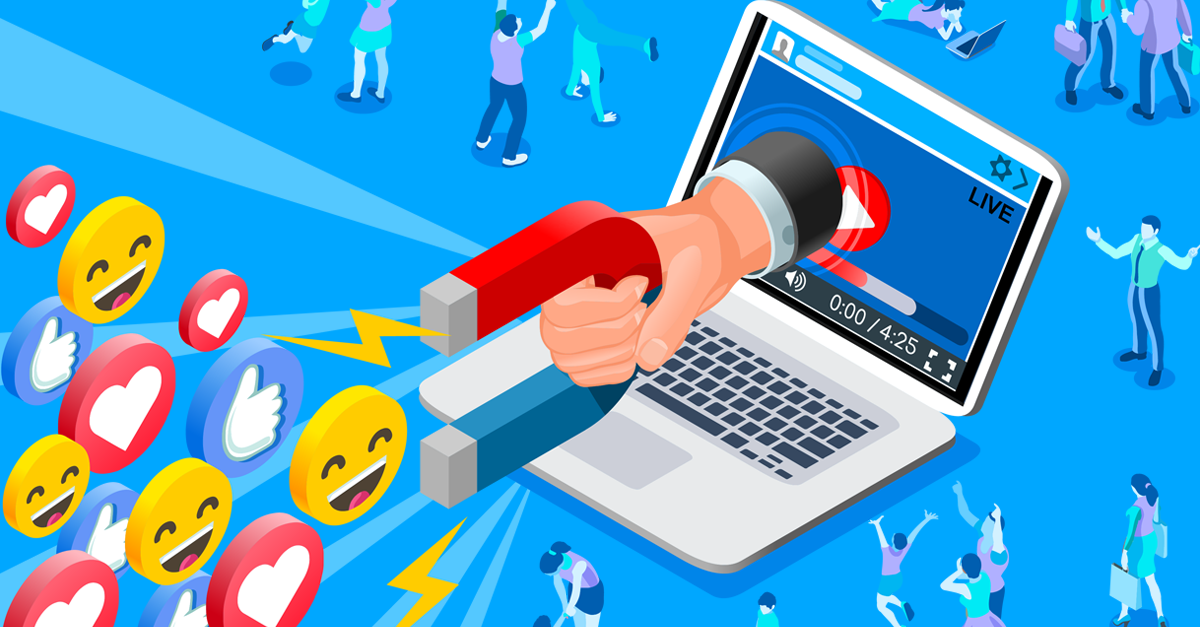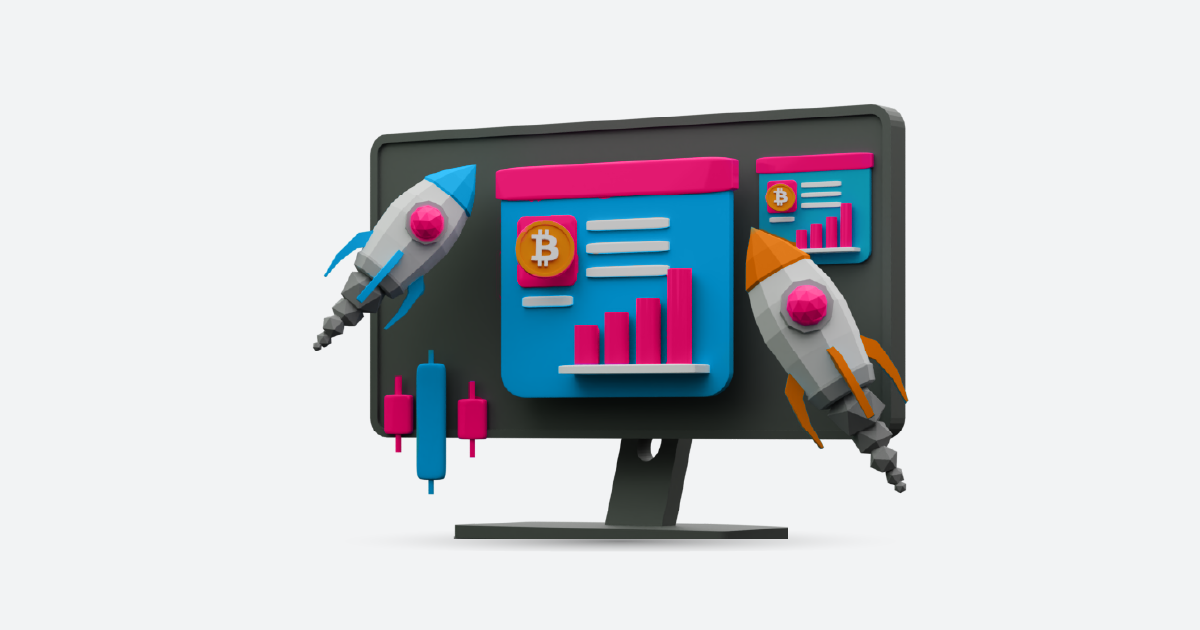In today’s digital age, where online presence is paramount, understanding and optimizing social media engagement analytics have become crucial for individuals and businesses alike. Let’s delve into the world of social media engagement analytics, exploring key metrics, tools, success stories, challenges, and the ever-evolving connection between social engagement and SEO.
Social Media Engagement Analytics: Navigating the Landscape of Digital Interaction

A. Definition of Social Media Engagement Analytics
Social media engagement analytics involve the measurement and analysis of interactions on various social media platforms. It goes beyond mere likes and shares, encompassing a range of metrics that provide insights into audience behavior.
B. Importance of Social Media Engagement Analytics
Understanding how your audience engages with your content is essential for tailoring strategies, enhancing brand visibility, and fostering meaningful connections.
Key Metrics in Social Engagement Analytics
A. Likes, Shares, and Comments
These fundamental metrics gauge the immediate response to your content, reflecting the level of interest and resonance.
B. Click-Through Rate (CTR)
CTR measures the effectiveness of your content in driving users to take the desired action, such as visiting your website.
C. Conversion Rate
The conversion rate indicates the percentage of users who complete a desired goal, be it making a purchase or filling out a form.
D. Reach and Impressions
Understanding the reach and impressions provides insights into the potential impact of your content and its visibility.
Social Media Engagement Analytics Tools
A. Google Analytics
A versatile tool offering in-depth insights into website and social media performance, aiding in comprehensive analytics.
B. Facebook Insights
Tailored for Facebook, this tool provides a detailed overview of page performance, audience demographics, and content engagement.
C. Instagram Insights
Instagram’s native analytics tool offers valuable data on post-performance, audience demographics, and follower activity.
D. Twitter Analytics
An essential for Twitter users, this tool provides metrics on tweet performance, audience engagement, and follower growth.
How to Improve Social Engagement
A. Create Compelling Content
Craft content that resonates with your audience, evokes emotions and prompts interaction.
B. Optimize Posting Times
Understanding your audience’s active hours ensures that your content reaches them when they’re most receptive.
C. Use Visual Content
Images and videos are more likely to capture attention and drive engagement compared to text-only posts.
D. Engage with Your Audience
Respond to comments, ask questions, and actively participate in discussions to build a sense of community.
Challenges
A. Dealing with Algorithm Changes
Constant updates to social media algorithms can impact the visibility and reach of your content.
B. Adapting to Platform Updates
Staying informed about changes in platform features and algorithms is vital for maintaining effective strategies.
C. Balancing Quantity and Quality of Content
While consistency is crucial, the quality of content should never be compromised for the sake of frequency.
D. Handling Negative Engagement
Addressing negative comments and feedback constructively is essential for maintaining a positive online presence.
Future Trends
A. Integration of AI and Machine Learning
The incorporation of AI and machine learning will enhance the accuracy of predictive analytics and user behavior analysis.
B. Enhanced User Personalization
Personalizing content based on user preferences will become more sophisticated, driving higher engagement rates.
C. Rising Importance of Video Content
Video content will continue to dominate, offering immersive experiences and higher engagement potential.
D. Evolving Metrics and Measurement Tools
New metrics and tools will emerge, providing more nuanced insights into audience behavior and content performance.
The Connection Between Social Media Engagement and SEO
A. Impact of Social Signals on Search Rankings
Social signals, such as likes and shares, can influence search engine algorithms, potentially impacting your website’s search rankings.
B. Building Backlinks through Social Media
Engaging content on social media can lead to backlinks, further boosting your website’s SEO.
C. Cross-Platform Integration for Maximum Impact
Integrating social media strategies with your overall digital marketing efforts ensures a holistic approach to online visibility.
D. User Experience and Social Engagement
A positive social media presence contributes to a better overall user experience, influencing brand perception and loyalty.
Expert Tips for Social Media Engagement Success
A. Consistency is Key
Regular posting and engagement maintain your brand’s visibility and keep your audience connected.
B. Analyze and Learn from Data
Regularly review analytics data to identify trends, understand audience preferences, and adapt your strategy accordingly.
C. Embrace Trends and Challenges
Stay abreast of industry trends and be willing to adapt your content to meet changing audience expectations.
D. Collaborate and Network
Building partnerships and networks within your industry can expand your reach and introduce your content to new audiences.
Conclusion
In conclusion, social media engagement analytics are the compass guiding your digital journey, providing invaluable insights for strategic decision-making.
The landscape of social media is ever-changing. Embrace adaptation and continual growth to stay ahead in the dynamic digital sphere.
For a deeper dive into maximizing your social media engagement, request a demo from AIM Technologies today!
FAQs
A. How often should I check my social media analytics?
- Regularly check your analytics, at least once a week, to stay informed about trends and make timely adjustments to your strategy.
B. Can social media engagement impact my SEO?
- Yes, social media engagement can influence search engine rankings through social signals and the potential for backlinks.
C. Are there specific tools recommended for small businesses?
- For small businesses, tools like AIM Insights and Buffer offer cost-effective solutions for social media management and analytics.
D. What should I do if I encounter a sudden drop in engagement?
- Analyze recent changes in content, posting times, and audience behavior. Experiment with new strategies to regain engagement.
E. How can I measure the success of my social media campaigns?
- Define clear objectives for each campaign and track metrics related to those objectives, such as conversion rates and audience growth.




